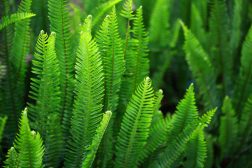Definition
noun
(biotechnology) A process wherein cells (animal or plant cells) are fixed in a suitable matrix and are used in bioconversion, production of genetically engineered proteins, vaccines, eukaryotic genes, and tissue grafts
Supplement
Cell immobilization is a biotechnology process in which cells, such as animal and plant cells, are fixed in a suitable matrix to immobilize them. Unlike microbial cells that are easy to grow in cultures, animal and plant cells grown in a suspension would be difficult to maintain. These cells are more prone to disruption due to physical stress. When immobilized, plant cells are protected from liquid shear forces.1 Animal cells, in turn, lack cell walls and are therefore very fragile. They need to grow where biochemical support is provided through intercellular interaction. Besides, they are relatively larger than bacterial cells and are therefore more sensitive to tearing and bursting. Many animal cells stick down flat on a suitable surface, hugging it as they would hug other cells or connective matrices in the body. If grown on suitable plastic surfaces, on glass or many ceramics, these cells will stick to them. In this way, they would be easier to grow. This makes cell immobilization necessary. Through it, cells are provided with mechanical support. An example of immobilization technique is the agarose immobilization.2
Variant(s):
- cell immobilisation
Reference(s):
1 Cell Immobilization. Retrieved from http://www.oocities.org/tumbur/cellimm.pdf.
2 Vlachakis, D. (2007). Adipocyte Viability and Ldh. Lulu.com







